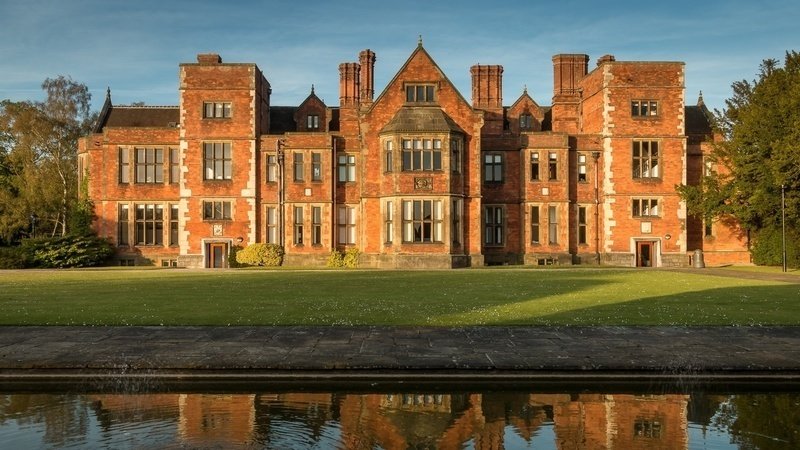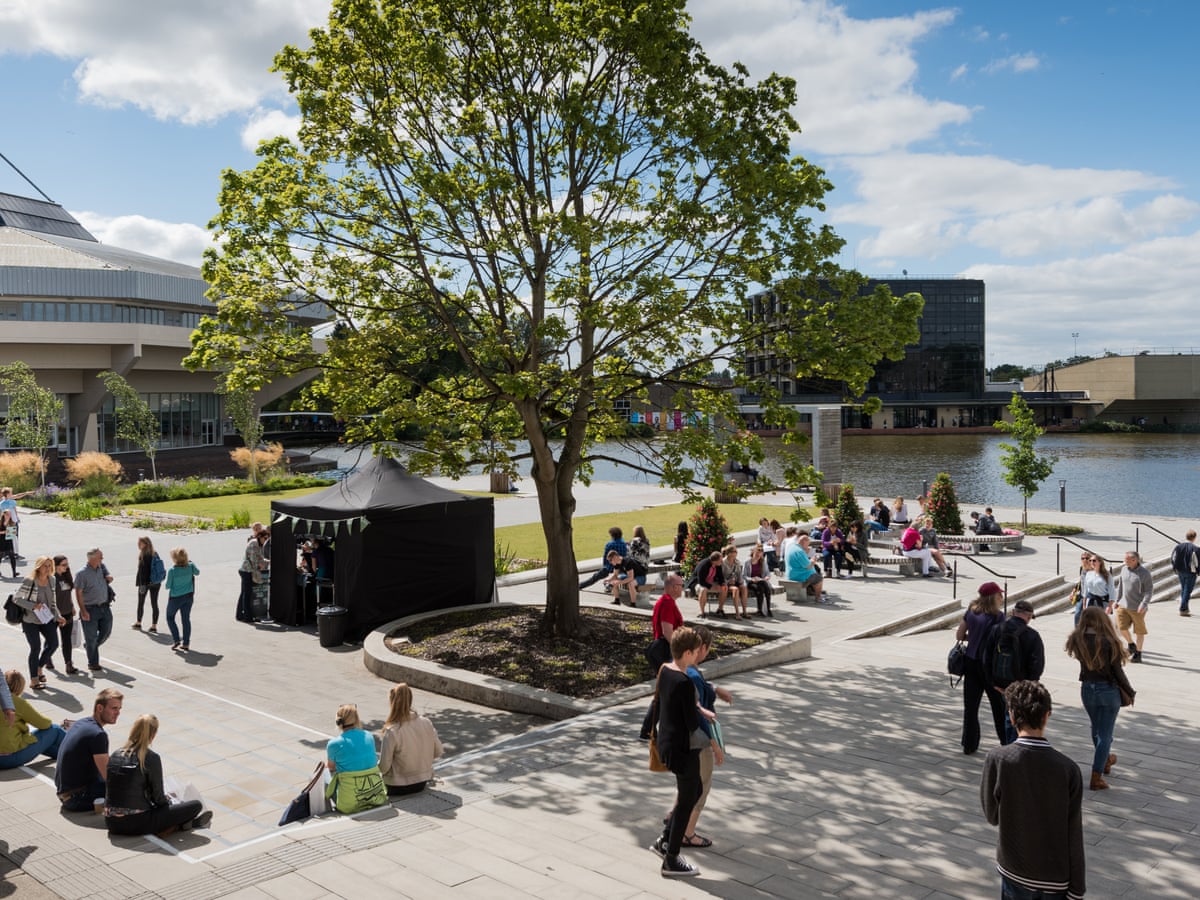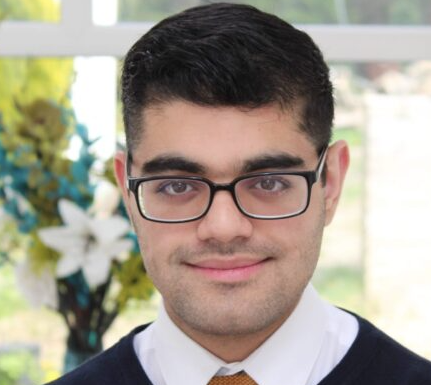University of York

Preferred Partner University of York, is one of the Aziz Foundation's preferred partners. They share our core values and actively promote Widening Participation at the postgraduate level.
Preferred Partners in Focus: university of york
The University of York makes Equality and Diversity Training and Unconscious Bias Awareness in Recruitment and Selection training a requirement for members of recruitment panels, and offers them to all other staff. The institution recognises the importance of intersectionality, and there is a drive to foster a campus-wide culture of inclusion, to actively role model and advance race equality and equality of opportunity.
The Open Door Team, who provide support to students who are experiencing psychological or mental health difficulties, recently appointed an Open Door Practitioner to specifically support BME individuals. Furthermore, the University’s Race Equality Coordination Group has been established to institute an Anti-Racism approach, for which pro-actively enabling representation in the postgraduate community is central. The Group has three priority areas in the coming year: Normalising conversations about race and racism; Improving BME staff representation; and Decolonising/diversifying the curriculum.
The University of York is committed to a definition of Islamophobia, and ensuring that it is tackled in all its forms, while learning from the experiences of its Muslim students and implementing practical changes in response.

Awais Hussain, MA Linguistics by research (2022/23)

From Masters to PhD: My Journey with the Aziz Foundation
by Awais Hussain (YCEDE Scholarship Holder)
During my final year of undergraduate studies, I developed a strong interest in pursuing a career in academia. I envisioned myself teaching and conducting research, a path that not only aligned with my intellectual curiosity but also allowed me to give back to our community, a cause I deeply care about. However, funding opportunities for postgraduate studies, particularly for Masters programs, seemed limited.
Fortunately, I discovered the Aziz Foundation, an organisation offering scholarships to British Muslim students pursuing higher education. Their mission to support academic achievement and public leadership resonated strongly with my own aspirations for social justice and societal betterment. The Aziz Foundation focuses on several broad scholarship areas: Media & Journalism, Technology, Sustainability/Environment, Law, Policy, Arts & Culture, Philanthropy & Grant making, and Sports. While my specific field of study – Formal and Comparative Syntax and Semantics in the Language and Linguistic Science department – was not explicitly listed, the Foundation’s broader goals closely mirrored my own and my aspirations overlap with numerous categories, particularly Arts & Culture. Encouraged by this, I applied and was selected for an interview. The support of another Aziz Foundation scholar, who has become a close friend, was invaluable during the application process.
I was humbled, honoured, and beyond grateful to be awarded an Aziz Foundation scholarship which proved to be a turning point in my academic trajectory. The support it provided enabled me to seamlessly transition from my undergraduate program to undertake a Masters by Research in Linguistics. This opportunity allowed me to further my research on Pahari-Pothwari, an under-studied language spoken by a significant portion of the British Muslim community with roots in Mirpur, Azad Jammu and Kashmir. Despite being potentially the second-most common mother tongue in the UK after English, Pahari-Pothwari remains largely undocumented and under-researched. Through my Masters research in exploring the syntax of negation and my current PhD research (YGRS-funded) into the morpho-syntax of case, tense and aspect, I aim to address this lacuna and contribute to a more comprehensive understanding, appreciation, and acknowledgement of the rich linguistic heritage of the British Muslim community of Mirpuri origin.
My commitment to this community extends beyond the realm of academia. Driven by a desire to preserve and promote the multifaceted heritage of this region, I founded Apna Heritage, a charity which aims to celebrate South-Asians in Britain in terms of culture, arts, history, genealogy, language, literature, and much more. Our comprehensive digital archive will serve as the first one-stop resource for information, readily accessible to anyone with an interest in the community. My own family background and the educational challenges faced by many within the Mirpuri community serve as a constant source of motivation for my research. Language plays a crucial role in education, and I firmly believe that my linguistic studies can empower future generations. Apna Heritage’s projects, including the creation of creative content that documents our language, culture, and history, aim to elevate the public perception of British Muslims of Mirpuri descent. This initiative fosters self-esteem and promotes positive development within our youth.
In conclusion, my pursuit of knowledge in linguistics goes beyond academic interest. It is rooted in a deep commitment to serving wider society. The collaborative nature of the field of linguistics, which bridges the disciplines of science, humanities, and arts, perfectly complements my curiosity and natural keenness. The Aziz Foundation scholarship not only provided me with financial support but also opened doors to a diverse network of academics and social figures from various backgrounds, some of whom are among my best friends. This scholarship has empowered me to delve into the vernaculars of British Muslims, to utilise language study to create valuable resources, and ultimately, to become a pillar of support for my community. My journey from BA to Masters to PhD is a testament to the transformative power of scholarships like this one.